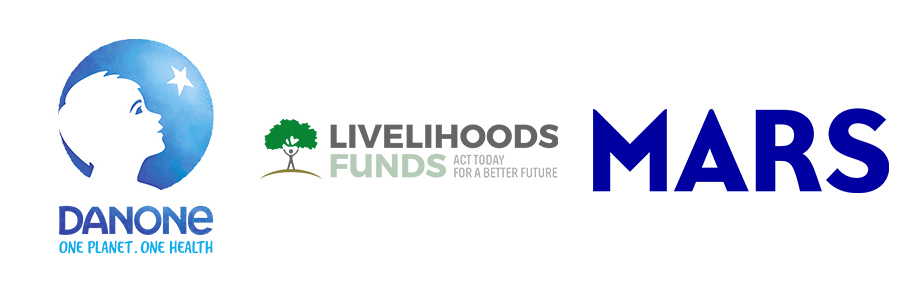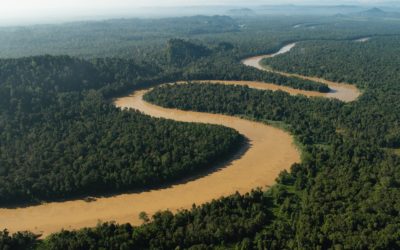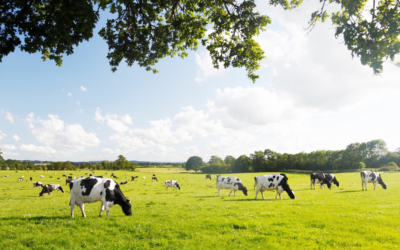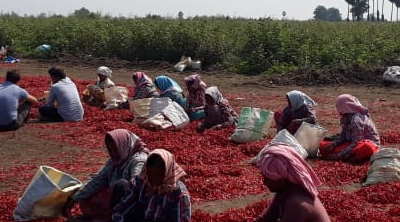

Livelihoods: Building a sustainable coconut supply chain with 5, 000 smallholder farmers in the Philippines
Project characteristics
Location: The project is located in Mindanao island, Philippines’ second largest land, in the provinces of North Cotabato and Davao del Sur.
Commodities: Coconut is the main crop, with bananas and Cacao grown as intercrops.
Scale: The Livelihoods-Coconut project will empower 5, 000 farmers with sustainable practices to better manage their farms and increase their yields. The project will transition 10,000 ha to sustainable agriculture, with a positive impact on the soil’s fertility, its capacity to retain water and sequester CO2.
Start & end date: Launched in 2018, the project will be implemented for10 years, until 2028.
Project phase: Scaling-up: 5, 000 smallholder farmers are involved
Farming Model: Smallholder farmers in resilient supply chains.
Type of sourcing: The project is implementing a direct sourcing scheme: the 5,000 smallholders will sell their crop directly to Franklin Baker through farmer-owned cooperatives.
Partners: The Integrated Rural Development Foundation (IRDF), an experienced Filipino NGO; Franklin Baker, a leading manufacturer and exporter of coconut products; Mars, Inc a global business that produces some of the world’s most famous brands and which namely uses coconut for its Bounty® bars.
Project details
Description: At farm level: deployment of diversified cropping systems to regenerate soil & diversify incomes.
At farmer organization level: direct sourcing scheme to improve supply chain efficiency, guarantee fair pricing and traceability.
- Support farmer livelihood
- Keep carbon in the soil
- Increase capacity of soils to hold water
- Enhance farm biodiversity
Practices: To diversify farmers’ sources of income and make them more resilient to changes in the coconut market, the project is promoting intercropping, i.e., growing different crops at the same time in the same space. Farmers can therefore organize their plots as a multi-story system where space and sunlight will be fully optimized. Smaller trees like cocoa, coffee or banana will be planted in the shade of the coconut trees. Ground-level will be used for food and cash crops like sweet potatoes, vegetables, ginger or corn. Women will also be trained to manage the new crops and market them locally.
Other actions
Interested to learn more about OP2B?
If you are a business that shares the coalition members’ commitment to
For more information on how to join the One Planet Business for Biodiversity coalition, please contact us.




